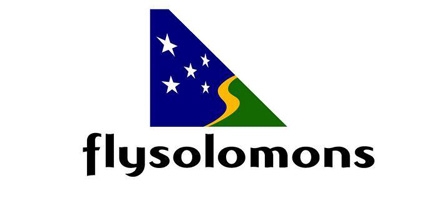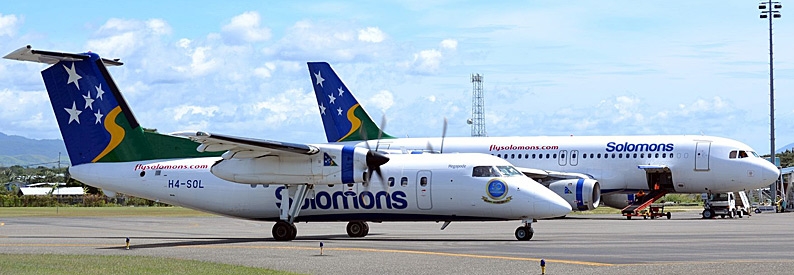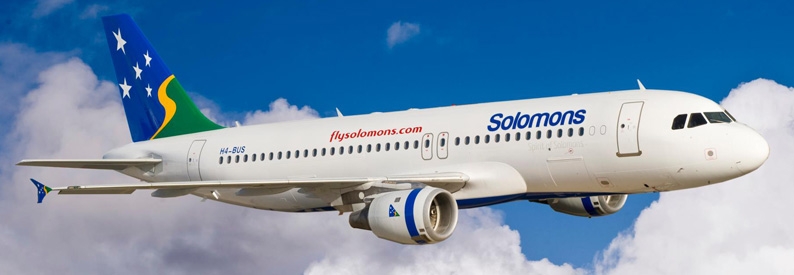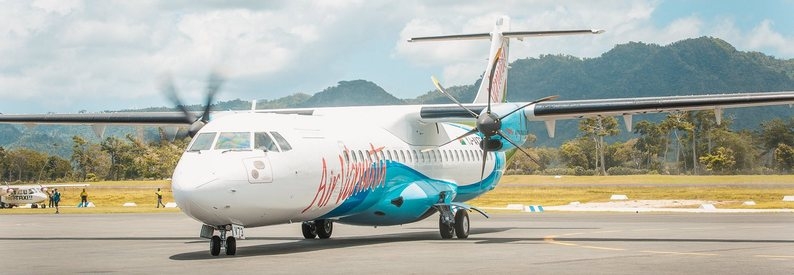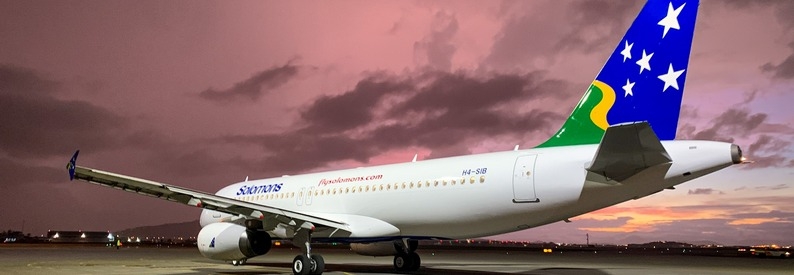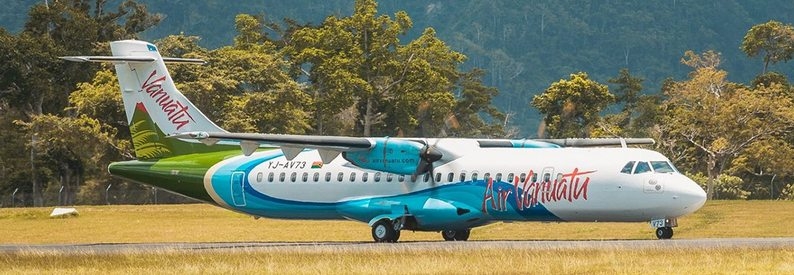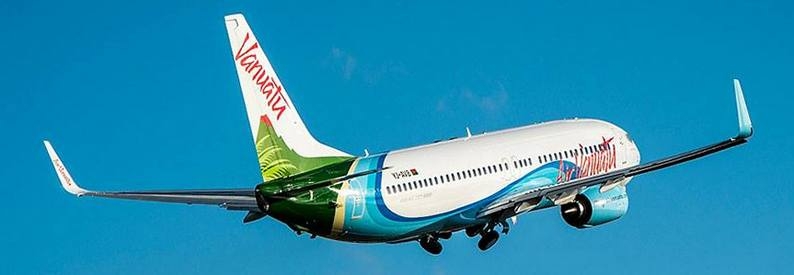Solomons - Solomon Airlines (IE, Honiara) needs state funding to survive after the Solomon Islands government extended the closure of its international border to January 31, 2021.
The archipelago closed its borders on March 27, 2020, and recently extended the closure after recording its first COVID-19 case when a student who had arrived on a repatriation flight from the Philippines tested positive.
In an open letter on the company website, Chief Executive Officer Brett Gebers said: “The future is unclear and our survival depends upon government support and the intermittent revenue we raise as we wait to reopen Solomon Islands' borders and begin regular operations again”. The airline was still discussing with the government how much additional funding would be required if travel restrictions continued into 2021, he told Smart Aviation.
According to local news reports, the government was to inject USD20 million from budget support credit in Solomon Airlines as capital and equity. This would consist of a USD5 million grant and a USD15 million concessional loan, reported The Island Sun News.
The funding formed part of the SBD309 million Solomon dollars (USD37.9 million) economic stimulus package announced by the government in May 2020, to be funded through the issue of government bonds, from budget support, and other assistance provided by development partners, including USD26 million from the Asian Development Bank (ADB), USD20 million from the World Bank, and USD8.4 million from the government's Department of Foreign Affairs and Trade Relations (DFAT). In addition, the International Monetary Fund in June 2020 approved the disbursement of USD28.5 million in emergency financing to the Solomon Islands.
Gebers, in his open letter, said Solomon Airlines had “minimal cash reserves”, and was indebted to suppliers and creditors “who are working with us to keep us in business”. “The truth simply is, that with over 60% of the company’s revenue vanishing overnight and fixed costs remaining, there is a problem, and the daily reality for Solomon Airlines is now a case of survival, a dire situation which has required some drastic action,” he said.
This included retrenchments to right-size the workforce in line with what would be a smaller airline for some time to come. “We are now operating with a smaller workforce on reduced pay, and some staff is working on a job rotation basis – month on, month off - to share available work, and remain ready for an increase in business.”
He said a “trickle of revenue” was being generated through repatriation flights and charters, including a weekly cargo flight between Brisbane and Honiara using its new A320-200, received on March 7, 2020, from lessor Carlyle Aviation Partners.
Meanwhile, Solomon Airlines' scheduled international flights to Australia, Fiji, Vanuatu, and Kiribati remain grounded. The carrier was exploring the viability of first opening access between COVID-19-free Pacific neighbouring countries, Gebers told the Solomon Times. He said the airline currently served 23 domestic operations, representing 60% of its normal domestic schedule.
Gebers said the airline had implemented a wide range of cost-cutting measures and was pursuing international charters and domestic tourism initiatives to continue its operations, using its own sole DHC-8-100 and three DHC-8-300s.
With funding largely provided by the New Zealand government, it had led the establishment of the Solomon Islands Tourism Infrastructure Development Fund (SITIDF), which allowed local tourism operators to qualify for interest-free loans to develop facilities and upgrade their accommodation.
Gebers said the airline had also extended until November 30, 2020, its COVID-19 domestic tourism initiative, “Helpful Holidays”, which offered 50% off domestic holiday packages it co-developed with local operators. While this revenue was insufficient to sustain the airline’s operations in the long run, it would bridge some of the revenue shortfalls until international flights could resume, Gebers said.
Making a case for the flag carrier's survival, he said it was critical for the nation’s economic recovery and future economic development; for the provision of essential domestic and international services in times of crisis or emergency; and to sustain tourism.
“Without a national airline, there would be limited control over air access to, from, and within the Solomon Islands. There would be limited control over air travel and cargo pricing and scheduling, no easy medical travel, airmail, or express cargo. Without a national airline, there would be a permanent loss of locally-based aviation, tourism, and skilled jobs. Foreign operators, though they may come and go, also take their earnings with them - out of the country,” he said.
